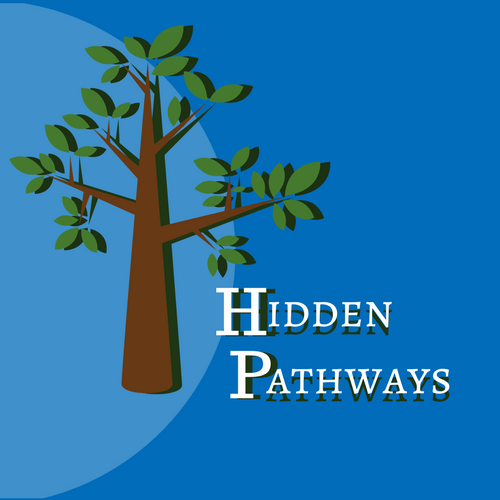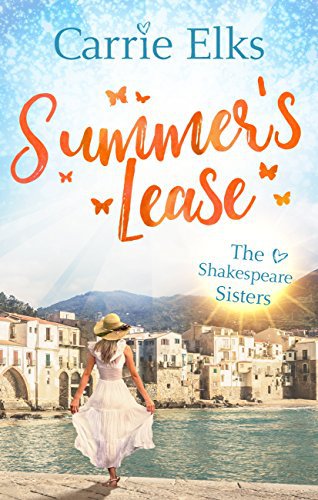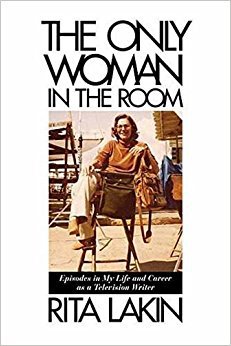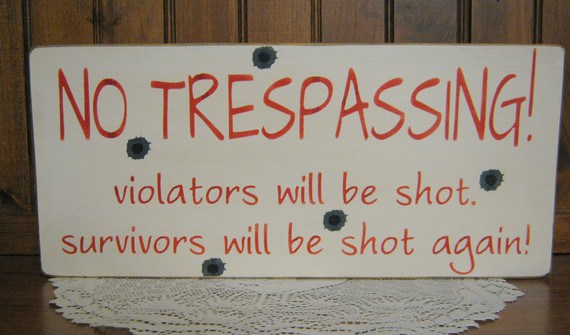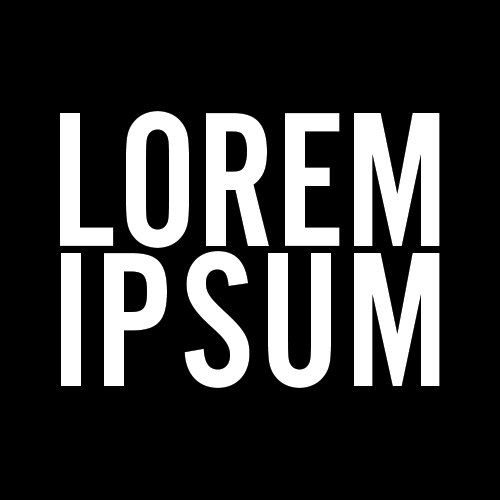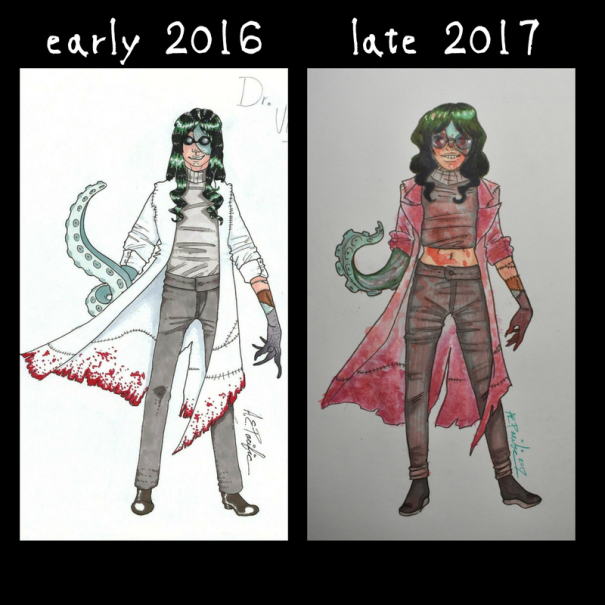
Intensive care units are often places of no return. My father was admitted in one last year. A day before his discharge from that gloomy place, we had a talk which we both knew was the last. His smile was telling. Sad but resigned, I made my peace and swore him an eternal promise. The next day my premonition was proven right. My father passed away, surrounded by love ones, loved to a point of hurting.
The causes of his death were myocardial infarction, cerebral stroke and multiple organ failure. It is just a polite way of saying, he lived an unhealthy lifestyle and was liberal with his tobacco and alcohol use. The optimists amongst us would contend, that he had a good time. Against reason, I use this rationalisation. Denial at times, is good.
Costly and fatal as they were, these were not my father’s vices however. He had something worse. He is what we call in my culture a “humok-ilong”, soft nose, somebody who can’t refuse a request, or plea for assistance. This was his real flaw. I suffered much because of it when he was alive, and will continue to be cursed for the rest of my life. Children often pay for the sins of their fathers, and as fruits seldom fall far from the tree, this is my lot.
Farewell Sugarcane Fields
My story, or rather, the story of my father’s kindness, as stories sometimes do, started in the middle, when I was already formed. Like a moth rushing to its fiery death, I was drawn to the never dying lights of the big city. Back then, I had and still do to this day, have a raging fire that can only conflagrate in the urban jungle. I needed to go away, to lit and realise this and be a beacon for others.
For what is firewood not used, but disappointment.
I felt stifled by the provincialism of my then small home town, now the city of Victorias, surrounded by endless rows of sugarcane fields. I was suffocated by the greenery, and caged by the scimitar like form and sharpness of its leaves. I needed to smell the smog of the city, with its pollution and decay, hoping to find a fresh start. I felt like a crab in a pail, with other crabs, desperately stepping on each other, to climb out of the container.
My father had a more sedate ambition for me however. He wanted me to be an engineer, tinkering with machineries, in the same factory where he toiled his entire life. Lifetime employment was his aim. He wanted me to live nearby, doomed to marry a local girl, have a company house, where we can all gather, have regular meals and observe the festivities with liberal inducement of alcohol and cholesterol, the bane of the working class. A romantic notion, rustic, simple and contended.
I did not dislike the romance, for I am a romantic at heart. His notion of it, very much differed from mine. He wanted deeper roots. I desired to hit the horizon and let my imagination carry me to places I have never been, regardless of the sacrifices.
Out of filial duty, I held myself and endured for a year. But the youth is never wasted on the old, nor can one stop the sun from shinning. I precipitated the decision and went to ask for his blessing and support to venture to the big city, Manila, in search of something to find.
Instead of the excitement I assumed it would generate, the response was disappointingly lukewarm, to my indignation. He was uncaring and unrepentant with his indifference. How can a father send his son to face the difficulties of the megalopolis without support? True, I did dare him and it was on me, but I assumed he would stay true to the covenant between father and son, children and parents, to stand by each other through thick and thin.
His reply was, “do it then”.
Driven by anger and determined to have my way, as strong willed but misguided youth often do, I left at dawn the next day. I would have nothing from my family in protest. I took a small bag of belongings, my credentials, the equivalent of £ 5 and my admission to the prestigious public school at the capital. I had the promise of a limited bursary, but other than that, I was then truly in God’s graces. I left in anger, frustrated by what has happened and determined never to fail.
It took me years to return, but this coming of age moment defined me. The experience was my insurance for uncertain days, tucked away in a recess of my mind. I was able to draw on it for salvation, when I was falling off the edge one day, into an abyss, from where there can be no turning back. The painful memory saved me.
On the shoulders of a giant
For years I saw my father as a giant, who casted a very large shadow over my life. I measured myself against him, until that faithful day in 1991, when I forced myself out of his shadow. I had many reasons to compare myself with him. Never did he hit me, nor sternly disciplined me. I did receive a yell once, probably deserved, but that was the extent of his exercise in fatherly authority. It was as if, he was hesitant to confront me. I know part of the reason for this. Early in life, I became intellectually self-reliant and had out grown both my parents. By 12, I was fully autodidact and difficult to guide and nurture. Having a similar child, made me appreciate the difficulties they faced back then. It was an important reason to run away, in search of life experiences and a guru.
He was philanthropic. Drawn to helping people, caring for them, without thought for budget, consequence nor repayment. People who visited our house, could always guarantee they would go home fed, helped or advised. Lately, I discovered while rifling through his papers, that my father lent so much money, he bankrupted himself. He was soft spoken. Not quick to anger and often had a joke to put people at ease.
His moments of kindness were too numerous to enumerate. The soldier and his wife who we gave succour to, but stole our money and ran away. The child of a sex worker and a petty criminal he adopted and stayed with us for years. A struggling cousin was lent a big amount to start anew. His philosophy was, cook an extra cup of rice, for there is always someone hungry on the road.
On reflection, I traced my own socialism to this formative examples of kindness. I did not become an activists because of Mao, or Lenin. I could not give two straws to these historical giants. My father was my ideological mentor. Kindness was my North Star, my father’s kindness.
In 1979, a storm caused a massive flood. Without hesitation, he tossed me on his shoulders, covered me with a poncho and waded through the flood to bring me to school. We arrived on time, unsurprisingly, also on our own. Classes were suspended that day. Sensible people don’t bring their children to school during storms. It never occurred to him that such is the case, excuses were not his lot in life. He wanted me to have an education, and he was determined to make it happen, typhoon or not.
Coming Home at Last
When I was almost done, with my quest in the big city, I went home after many years. Throughout this quest I stayed away even during my grandparents’ funerals. Now a university graduate from a prestigious university, with a promising job that was to see me go abroad on a scholarship, I wanted to confront my father that I did not bow to fate and succeeded on my own terms. I wanted him to admit, I was right in my decision.
Instead of commending me for such a feat however, he asked me if I wanted coffee. The question brought back the confounding feelings I felt and buried six years before coming home. How could he be so blasé about my achievement? Lesser men would have failed in my place, but I did not. I did graduate even saddled by work and activism. I triumphed against adversity with grace and recognition. All he could summon was a casual remark about how does it feel to be your own man?
My mother confided to me, that for many nights over many years since I left, my father was silently whimpering in bed, thinking of me, and questioning if he did the right choice of letting me on my own. It was then that I fully understood his gift. Now a parent myself, I realised how painful it is to hold back from your own child. He must have realised that if he sheltered me, I would not grow to fulfil my destiny. Keeping me home would have prevented me from stretching my wings wider.
My father was not liberal with his financial support to me. I started most ventures in my life on my own. Ironically he did help many people, and I financed his charitable work for years. He did expect me to do so. When he retired, consistently he did not offer to lend me money, nor buy me a cup of coffee. Most fathers dot on their first sons, because maybe they have nothing else to offer except money. In his case he gave me a far greater gift. By his sacrifice he opened my eyes to the value of a life in the service of others and to stand on my own two feet, on my own merits, not making excuses nor pitying myself.
Primal cry
I did not cry during both my parents’ funerals. I had no time. I grieve in my own way and I rationalise things, most of the time. We live, consequently we die, was my mantra. To worry about crying is banal. To me it is all down to science and probability. Death is as certain as sunrise and sunset. What I worry about, are the years in between, and if I was relevant during this time.
But possibly this is just an excuse against letting go, because in earnest, maybe I still need them. Probably I cling on to their memory, to guide and keep me strong. Crying will make one, me, forget and trivialise the feeling of attachment. Anger and frustration tend to linger longer like a sore thumb. These drive you more and make you alert.
My father’s funeral was well attended, even thou we wanted to keep it private by having the internment on a Tuesday. Many were still able to come, with fascinating stories about who he was. Some stories were new and surprising to me. I will forever remember a particular elderly woman, who upon seeing the coffin, wailed an unnerving primal cry. It came out as a guttural sound, becoming a crescendoing shrill, as if she was consumed by a fire that has suddenly been lit. It was anguish brought to life, and a finality that can never be taken back. It was fascinating to see, a love and loss more clearly expressed.
Good men are truly revealed in death, through the stories strangers tell of their acts of generosity. This was how my father’s nature was affirmed. I smiled at the anecdotes people told during the wake. I shook my head in disbelief, connecting the information and realising that, it was to these that some of his money went.
Inheritance
I am unsure if my other siblings knew, or appreciated, that my father left me a big inheritance, another reason why I relinquished my share in his house. Sorting his documents, I discovered what he valued in life. In the mass of dog earned and tattered birth certificates, diplomas, employment contracts, was a familiar certificate. It was crumpled but obviously treasured, in-cased in a plastic sheet, to protect it from damage. It was the commendation for my years of service to the community while living in Mt. Pinatubo with the Aetas.
My father, it seems, was proud of it. I finally had my father’s approval, something important because it affirmed that my life, after running away from the sugarcane fields, was not lived in vain. The quest was more than just self-discovery. Although it started as an impulse, it galvanised into a committed act of kindness, similar to those my father exhibited all his life. A man is truly judged by how he acts in the service of others, when he is himself wallowing with them in the mud. There is nothing profound in having money and helping others. What really matters is how you act and help, when you yourself are struggling. He showed me this. This was my legacy and inheritance. It is a priceless one.
I can now grieve.
Advertisements Share this: